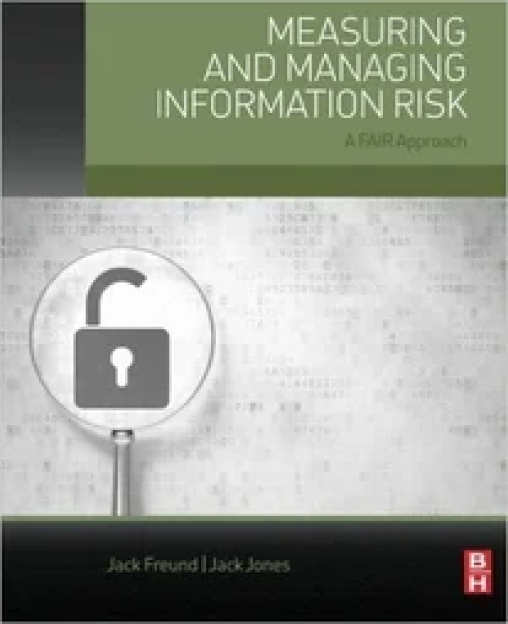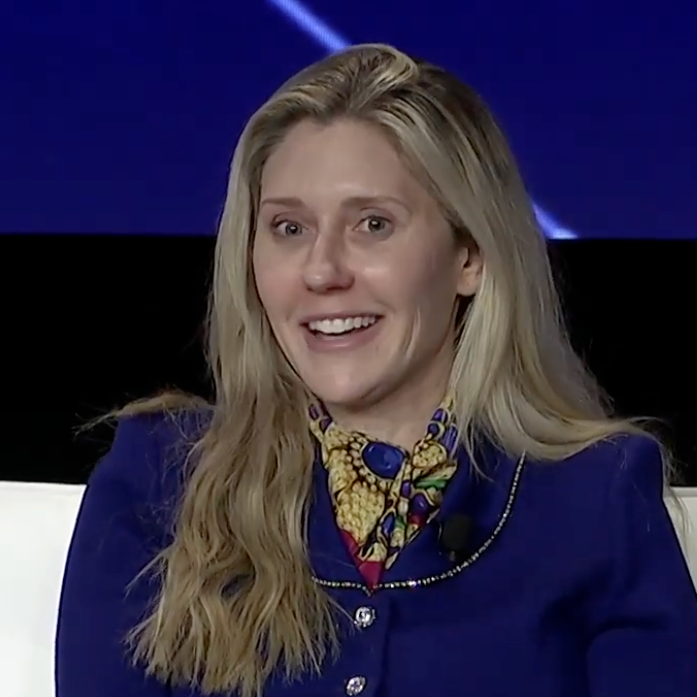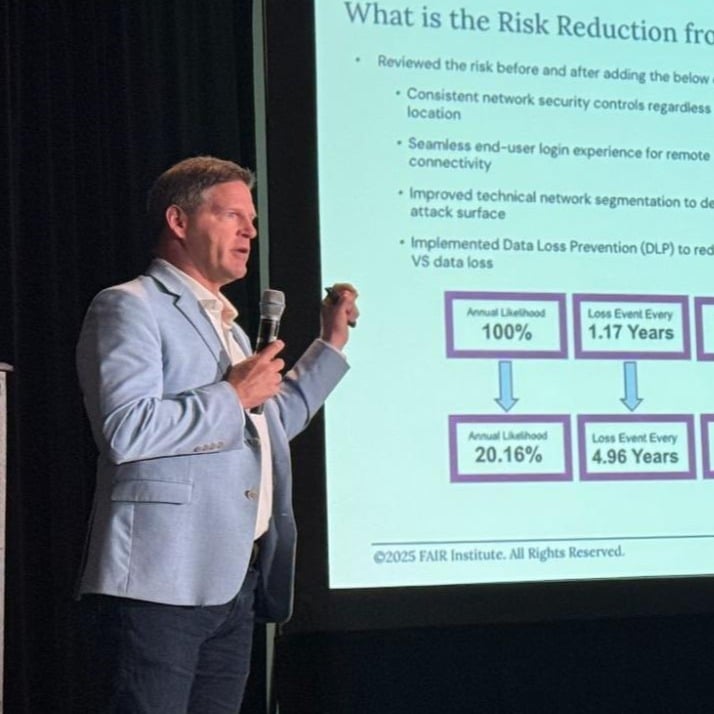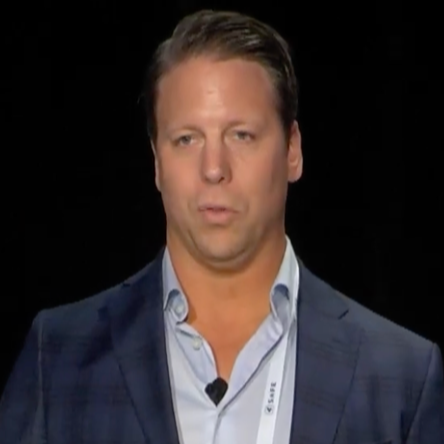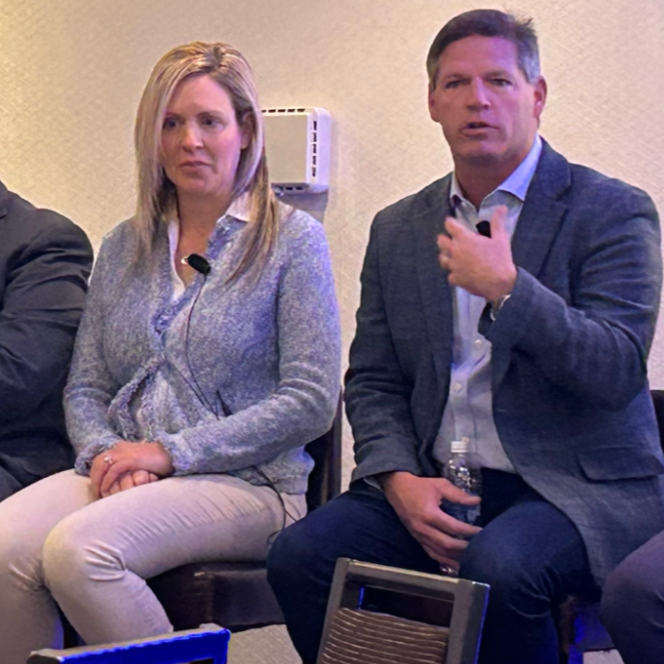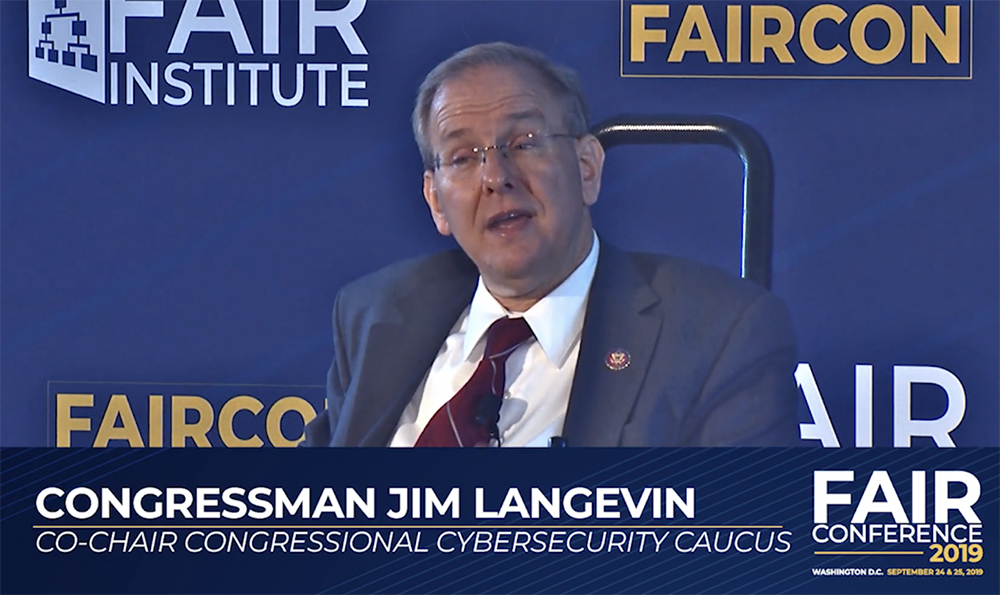
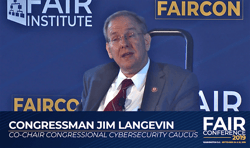 Rep. Jim Langevin (D-RI), a pioneer of cybersecurity legislation and oversight in Congress and an advocate for FAIR™, announced that he won’t seek re-election this year after 11 terms.
Rep. Jim Langevin (D-RI), a pioneer of cybersecurity legislation and oversight in Congress and an advocate for FAIR™, announced that he won’t seek re-election this year after 11 terms.
Langevin led Congressional hearings on information security going back to 2007 as a member of the Homeland Security Committee and went on to lead successful campaigns to establish cyber offices in the White House and Department of Homeland Security. He co-founded the Congressional Cybersecurity Caucus, was instrumental in development of the NIST Cybersecurity Framework and served on the influential Congressional Cyberspace Solarium Commission.
Langevin gave a keynote address at the 2019 FAIR Conference with a history lesson on the evolution of government policy on cybersecurity that has essentially turned on three questions: What investment is it reasonable to expect private companies to make? What behavior does the government need to incentivize? When does the government need to act directly?
“These questions more than any other is what led me to the FAIR Institute and the risk model that they’ve developed,” he said. “Without rigorous quantification of risk, the fundamental question of what behavior to target among critical infrastructure sectors, for example, is simply unanswerable...People are making these risk calculations already. What FAIR does, is make them justify them beyond saying that we should make investments where risk is threatened.”
Watch Jim Langevin’s speech to the FAIR Conference. FAIR Institute membership is required – join the Institute now.
FAIR Institute President Nicola (Nick) Sanna said “Congressman Jim Langevin recognized early on the threat posed by cyber attacks to national security, and helped shape cybersecurity policy as a member of Congress, and more specifically as co-founder a of the Congressional Cybersecurity Committee and of the Cyberspace Solarium Commission.
“His leadership and expertise in cybersecurity were unmatched among Congressional leaders, and he will serve as a role model for future generations of policy makers for many years to come. We will miss such a strong advocate for better cyber risk management practices in Congress and wish him and his loved ones the best.”



